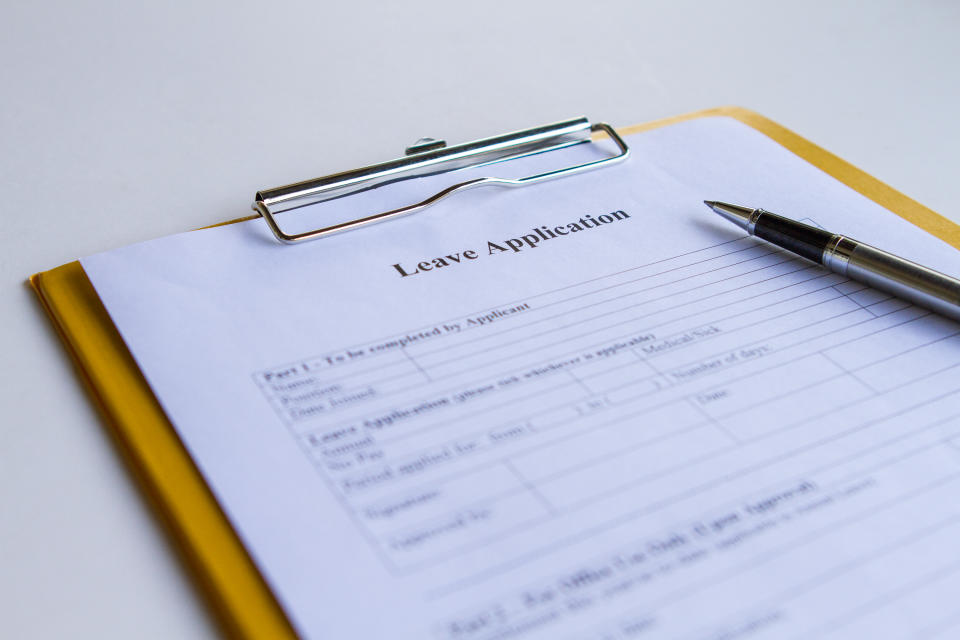Coronavirus: How annual leave works when you are furloughed

Almost a quarter of employees in the UK are now being paid via the government’s furlough scheme since it was introduced in April.
A total of 6.3 million workers had been temporarily laid off by 800,000 companies, with claims amounting to £8bn by 3 May, according to the latest data from HMRC. This equates to about 23% of the employed workforce.
Under the coronavirus Job Retention Scheme, workers who are furloughed have 80% of their wages paid by the government up to a limit of £2,500 per month. At the moment, wage subsidies are to remain in place until the end of June, but there is pressure from employers for the scheme to be extended.
Furloughing is designed to support businesses that have been badly hit by coronavirus. It means the government temporarily helps pay the wages of people, to help stop companies from making them permanently redundant. People who have been put on furlough should not undertake any work for their employer during this period, even though they are still employed. But what about taking annual leave?
Read more: UK vacancies vanish and starting salaries shrink at fastest rate since 2009
Guidance published by HMRC on calculating wage costs for claims under the Coronavirus Job Retention Scheme confirms that employees can take annual leave while furloughed. Employers must pay furloughed employees their normal rate of pay for a period of holiday, rather than any reduced amount they receive during the furlough.
“Furloughed employees continue to accrue leave as per their employment contract,” the guidance states.
“The employer and employee can agree to vary holiday entitlement as part of the furlough agreement, however almost all workers are entitled to 5.6 weeks of statutory paid annual leave each year which they cannot go below.”
The amount of holiday employees get each year is dependent on the type of contract they are on, with full time workers in the UK entitled to a minimum of 28 days paid holiday per year.
Zero-hour contract workers also receive the same paid holiday entitlement, based on the average hours they have worked, while part-time workers’ holiday includes the number of days worked per week multiplied by 5.6.
Read more: How to cope with being furloughed
HMRC says: “Working Time Regulations require holiday pay to be paid at the employee’s normal rate of pay or, where the rate of pay varies, calculated on the basis of the average pay received by the employee in the previous 52 working weeks. Therefore, if a furloughed employee takes holiday, the employer should pay their usual holiday pay in accordance with the Working Time Regulations.”
However, it’s important to note that many employers that have furloughed employees will not be in a financial position to pay them in full during annual leave. These employers can also refuse any requests for annual leave during the furlough period by giving the required notice.
Carrying annual leave over to 2021
Employees may be allowed to carry over any unused annual leave into next year, although this decision is up to the employer. In March, the government introduced a new temporary law that enables workers to carry over up to four weeks’ paid holiday over a two year period.
The move was introduced to support workers who have been affected by coronavirus, such as those forced to self-isolate, or key workers who have had to cancel holidays so they can carry on working. The Advisory, Conciliation and Arbitration Service (ACAS) states that furloughed workers are covered by the new law, but HMRC is yet to implement the scheme.
Previously booked holidays
If an employee no longer wants to take the time off they had previously booked, for example because their hotel cancelled the booking, their employer can insist they still take the time off, according to ACAS.
If the employee wants to change when they take this time off, they'll need to get agreement from their employer.

 Yahoo Finance
Yahoo Finance 
